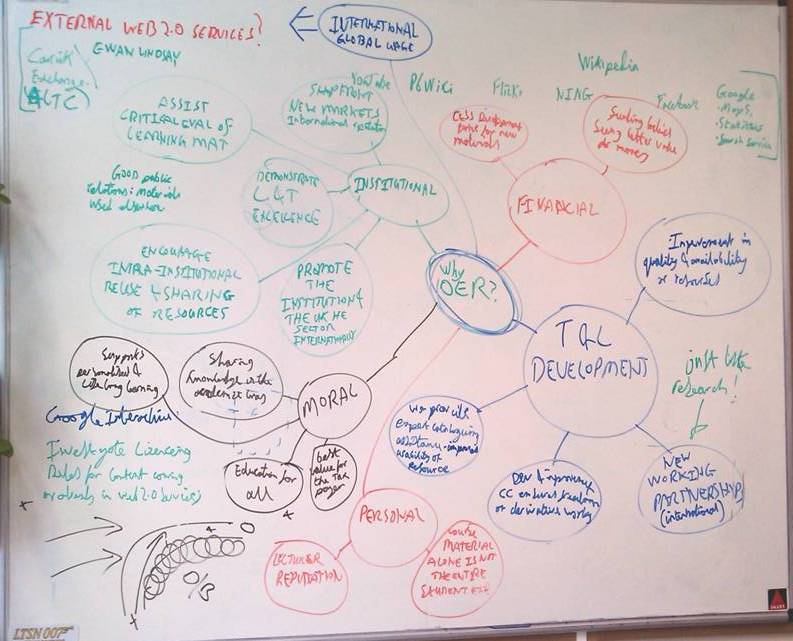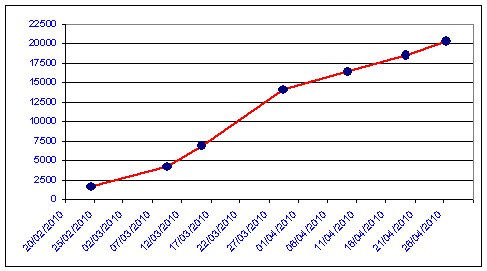Solving the unintuitive conundrum: "Why give my teaching stuff away?"
I could tell you your teaching materials are only complete when you are teaching them, so you’re not surrendering your soul , mearly sharing an approach. Or the quid pro quo argument that if somebody re-works your released teaching material then re-shares it, it could be even better. There are many reasons and below is an attempt to write them all down.
I’ve just finished running a project involving 8 Universities for JISC – the aim of which was to release Open Educational Resources (OERs); teaching materials for use by anybody with the proper legal, moral and educational preparation.
If you are interested in this approach and the text below doesn’t answer your questions please get in touch with me, Rob Pearce r.c.pearce@lboro.ac.uk
The project was a successes in the sense it achieved its target of 360 credits of teaching material released (as near as can be estimated) but as to its educational value that will have to be measured by (re)usage. Below are a few excerpts from the final report and a mind map i did as prep for the bid writing process which tries to answer the unintuitive question: “Why give away my stuff?!”
The sharing of teaching materials is an integral part of the working life of engineering academics, as it is in all quarters of education. While the honest intention is to share, support and educate, with the way things are done currently it is very easy for well meaning academics to inadvertently break the law. Releasing materials as an Open Educational Resources (OER) formalises, legalises and clarifies this practice and is in steadily wider usage by academics, academic institutions and supporting bodies such as the HEA and JISC. In a web-connected world, where new legal precedents appear daily, and combined with a steadily more litigious society, this current practice is at best unhelpful and at worst potentially extremely dangerous for institutions. On a more positive note, by sharing material using OER it is hoped derivative works will be released (this can be a stated legal stipulation) and the benefits will be multiplied.

Initial rationale mind map for the value of OER to UK academia. The map begins, “Why OER?” in the middle then goes out to the next level, e.g. Moral, Personal, Institutional etc. and so on.
OER is the most recent initiative built upon hundreds of years of practice of sharing of teaching materials since organised teaching began. We can conclude that OER is useful because of this rich history of practice, but it is a pragmatic, updated approach to cater for the world of the 21st century. As the Internet forces society to re-assess the distribution of knowledge and materials and their ownership it is right that the methods of doing so evolve along parallel lines and are revised regularly.
